Coed Cadw (The Woodland Trust in Wales) is urging people to visit its woodlands responsibly, after reporting an increase in litter and anti-social behaviour following a surge in visitors.
During months of lockdown and ‘stay local’ rules, people have been flocking to the charity’s 100+ plus sites in Wales for daily exercise and some much-needed natural relief; Coed Cadw estimates that visitor numbers at some sites more than doubled.
But after being forced to close parts of one site in South Wales due to damage and misuse, the charity is highlighting the importance of responsible visits to woodlands.
At Cwm George & Casehill Woods in the Vale of Glamorgan, there have been recent issues with vandalism, fly tipping, littering, and mountain biking over the woodland flora and fauna; meanwhile, persistent trampling and widening of pathways has had such an impact that parts of the site will be closed to the public for the next few months, to allow the vegetation to recover.
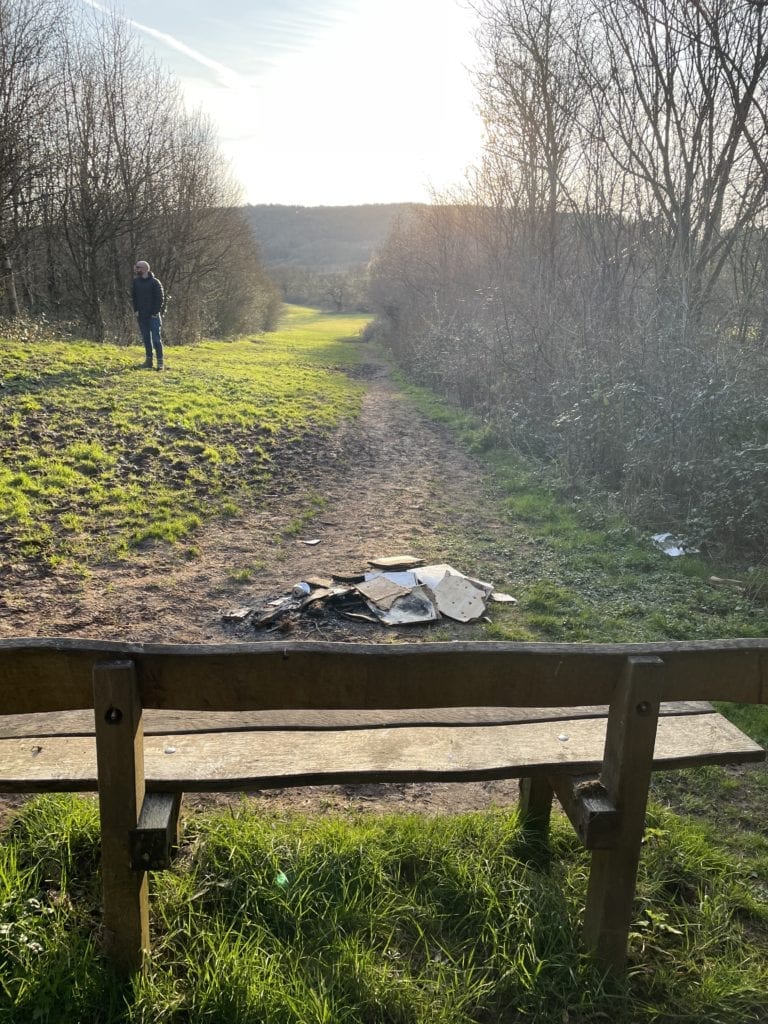

Kylie Jones Mattock, Estates Manager at Coed Cadw said: “It’s wonderful that people have been getting outside, visiting our sites and enjoying the benefits of nature at a time when we’ve needed it the most.
But whilst most of our visitors are very careful not to cause damage to our sites, we have sadly seen an increase in people misusing these spaces, for example setting up camps, lighting fires, chopping down trees, creating unofficial bike trails and leaving rubbish behind.”
The Woodland Trust has also recorded issues across other Welsh sites, including PlasPower Woods near Wrexham, which has never seen so many visitors – nor so much dog waste and fly tipping. And in GraigFawr near Margam, fires started by BBQs have caused damage to delicate habitats in the recent spells of dry weather.
“Delicate ancient environments”
Litter and fly tipping act as a threat to nature in many ways. Litter which does not naturally decompose can persist for decades and can cause changes in soil composition; chemicals from more hazardous mess can get into water courses; animals can suffocate in discarded plastic bags, get entangled or eat balloons; and broken glass can cause serious injuries to people, pets and wildlife.
Meanwhile, straying from designated trails can damage delicate ancient environments, like the bluebell habitats found at sites like Coed Cefn, which can take years to recover from the damage caused by trampling.
Kylie continued, “At the moment we are in Bluebell season, which is a great reason to go and visit local woodlands, but also carries the risk of damage to the very thing visitors have come to enjoy.
Rather like the Great Barrier Reef in Australia, once damaged, woodland flowers often struggle to recover, and in some cases these habitats are hundreds of years old. We need the public to join us in helping to protect them. We are asking visitors to please stick to the paths, even if it’s muddy. If the wood is busy, wait to let others pass by, or perhaps consider visiting at a less popular time of day.”
Kylie added, “Repairing path damage and cleaning up litter costs money which could be better spent elsewhere – such as planting new trees and enhancing our existing precious woodland environments – so that they can be enjoyed for generations to come.”
When visiting the outdoors people should follow the Countryside Code, and the latest Welsh Government guidelines regarding social distancing.
Members of the public can report anti-social behaviour by calling Crimestoppers on: 0800 555111.



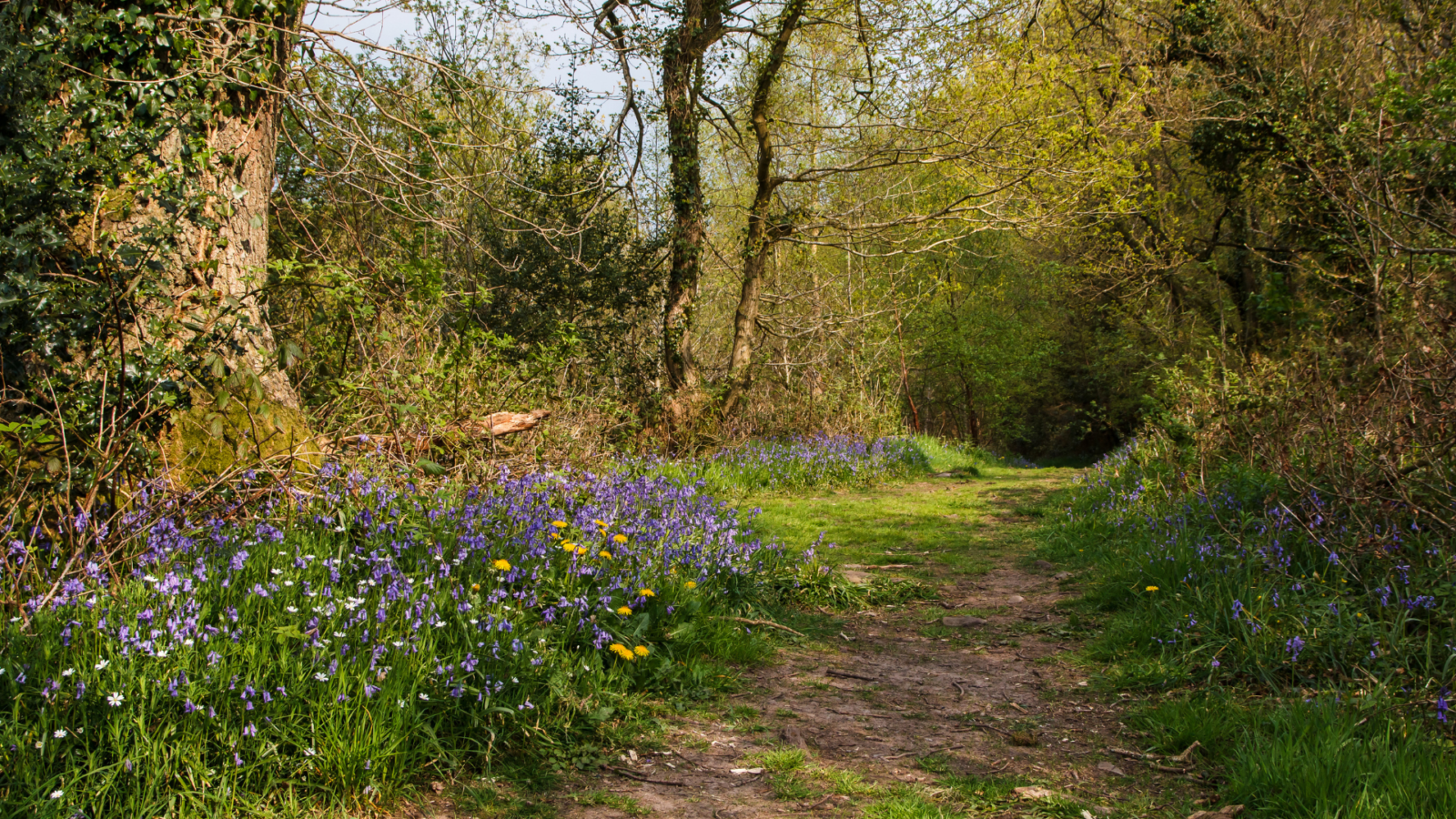


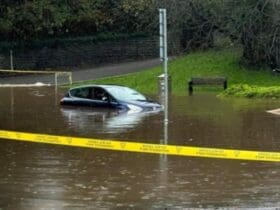
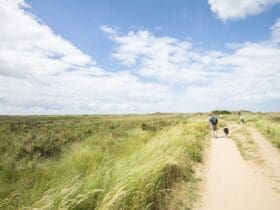
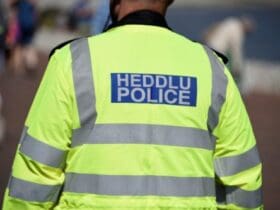
Leave a Reply
View Comments